Promote effective implementation of signed trade and investment agreements
Sharing with reporters of Cong Thuong Newspaper, lawyer Bui Van Thanh - Vietnam Industrial Zone Finance Association (VIPFA), Head of Mat Troi Moi Law Office - one of the experts with many years of experience in consulting Chinese enterprises investing in Vietnam - said: The State visit to China by General Secretary, President To Lam and his wife from August 18-20, 2024 will have a strong and positive impact on bilateral economic, investment and trade relations along with the business communities of Vietnam and China.
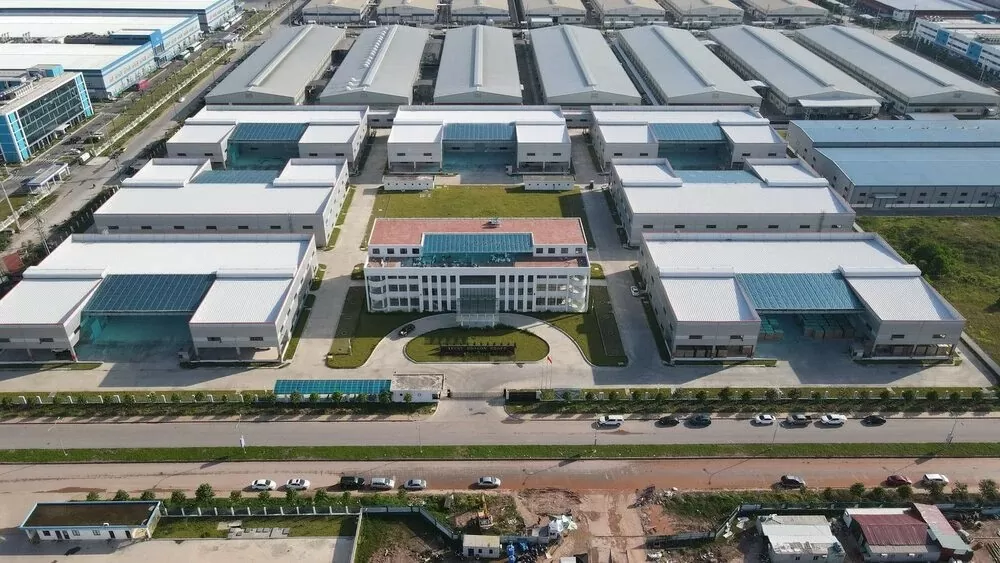 |
| Project of Chinese investors in Bac Giang province. Photo: KBC |
According to Mr. Bui Van Thanh, Vietnam and China have signed many bilateral agreements on investment and trade , building a legal basis for long-term cooperation between the two countries, such as: Vietnam - China Trade Agreement in 1991; Vietnam - China Agreement on Encouragement and Protection of Investment in 1992; China - Vietnam Agreement on Avoidance of Double Taxation and Prevention of Tax Evasion of Income Taxes in 1995; Agreement on Trade in Goods in Border Areas between the Government of Vietnam and the Government of China in 1998; Agreement on Plant Protection and Quarantine between Vietnam and China in 2007; in 2021, the Memorandum of Understanding on the Establishment of a Working Group on Trade Facilitation between China and Vietnam was signed....
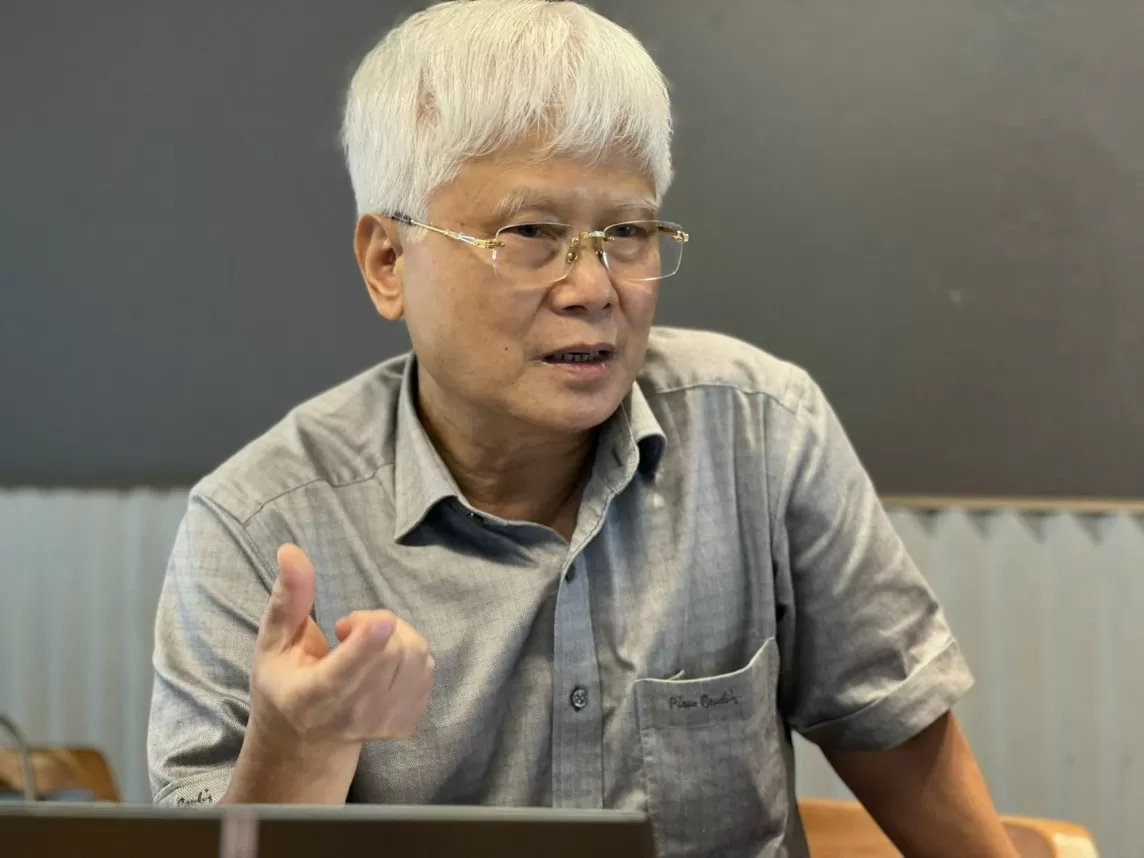 |
| Lawyer Bui Van Thanh - Vietnam Industrial Park Finance Association. Photo: NH |
When General Secretary of the Central Committee of the Communist Party of China, President of the People's Republic of China Xi Jinping and his wife paid a state visit to Vietnam from December 12-13, 2023, the two countries issued a Vietnam-China Joint Statement on continuing to promote and deepen the Vietnam-China comprehensive strategic cooperative partnership. In the joint statement, the two sides agreed to enhance political trust, strengthen substantive cooperation, apply effective measures to ensure the supply chain of goods serving the service and consumer production sectors, and maintain a safe and stable supply and production chain between the two countries. This joint statement covers many areas, mainly in terms of economic, trade and investment cooperation.
“In order to persistently cooperate for mutual benefit, serve the development of the two countries, promote the recovery and sustainable growth of the regional and world economy, the two sides will strengthen corresponding cooperation mechanisms in the fields of infrastructure, industrial investment, trade, agriculture, finance and currency; study and build cooperation mechanisms between state-owned enterprises and enterprises with state capital, and the transport sector,” Mr. Bui Van Thanh added.
More open cooperation opportunities with RCEP
VIPFA representative said that RCEP is considered the world's largest free trade agreement, covering a population of more than 2.2 billion people, accounting for about 30% of the world's population and a total economic volume of 29 trillion USD, accounting for nearly 30% of global GDP. The economic development momentum of the RCEP region is strong, member countries are all large export markets of Vietnam, with high consumer demand and huge market potential. Vietnam will have many opportunities to participate in the global industrial production chain and value chain.
 |
| Vietnam has many opportunities to attract FDI from China. Photo: NH |
A World Bank study in 2022 forecasts that, under the positive impact of RCEP, Vietnam's GDP will increase by about 4.9% and exports will increase by 11.4% by 2030. This will continue to create new momentum for Vietnam's economic growth, promote production, implement trade and investment liberalization, promote Vietnam's goods exports and attract more foreign investment, and increase exports.
In addition, according to the RCEP origin accumulation regulations, when Vietnamese goods are exported to China and other RCEP member countries, intermediate goods from many member countries can be counted towards the value-added standard to reach a certain proportion of the total final value. With the facilitation of customs procedures and policy relaxation, trade becomes more convenient, export barriers have been removed, transportation and storage costs will be reduced, allowing Vietnamese companies to save a lot of time, export costs and expand exports.
“Currently, there are more than 30 types of freight transport between Vietnam and China. Enterprises of the two countries have taken advantage of geographical advantages, applying diverse modes of transport such as road, waterway, air, and rail to gradually promote exports. The market prospects of both sides are very large in the future,” Mr. Bui Van Thanh added.
According to Mr. Bui Van Thanh: The number of projects and registered FDI capital in Vietnam from RCEP member countries accounts for 65.7% of Vietnam's total registered FDI capital, of which FDI investment from China to Vietnam, including the shift of foreign investment from China to Vietnam in the coming time, will continue to increase. Large-scale infrastructure development investment projects.
Independent research by the World Bank shows that Vietnam has proactively implemented reforms, simplified administrative procedures, optimized the business environment... In the coming time, Vietnam will remain a reliable and long-term investment destination for foreign investors, including Chinese investors. Industries such as telecommunications, information technology, financial services, residential real estate, digital technology, and green products will be of interest to Chinese investors.
The Regional Comprehensive Economic Partnership (RCEP) is a free trade agreement between 10 ASEAN countries and 5 partners: China, South Korea, Japan, Australia and New Zealand, the agreement officially took effect from January 1, 2022. |
Source: https://congthuong.vn/viet-nam-trung-quoc-co-hoi-hop-tac-thuong-mai-dau-tu-rong-mo-341710.html



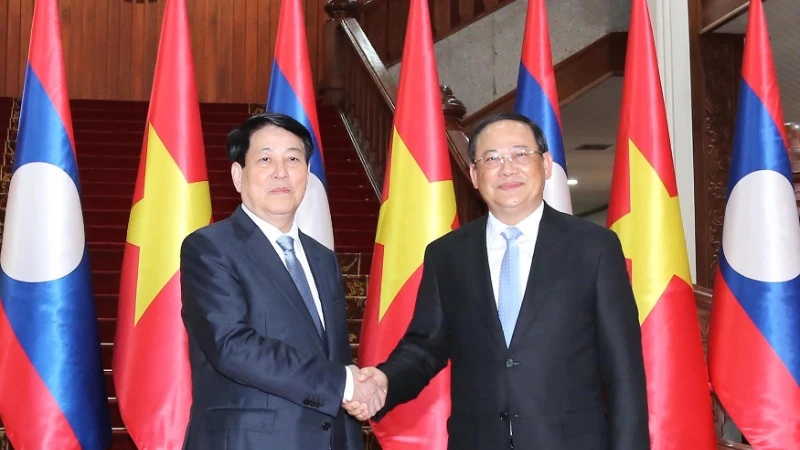

![[Photo] President Luong Cuong meets with Lao Prime Minister Sonexay Siphandone](https://vstatic.vietnam.vn/vietnam/resource/IMAGE/2025/4/25/3d70fe28a71c4031b03cd141cb1ed3b1)


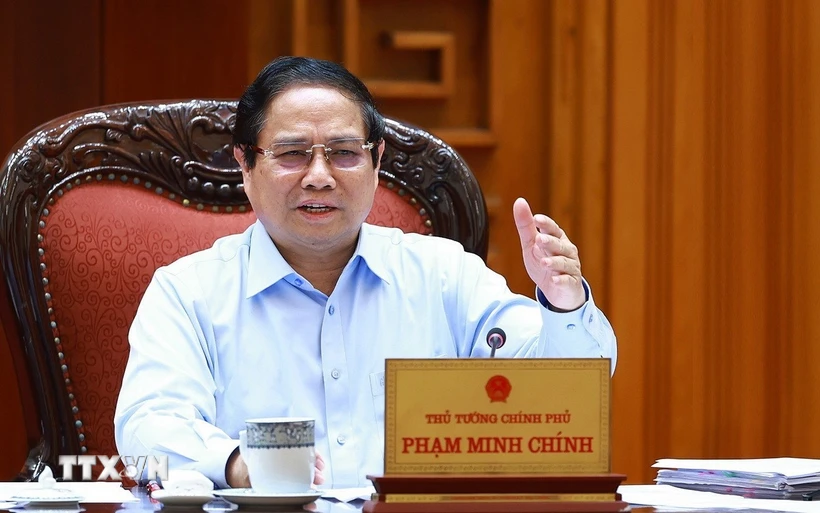

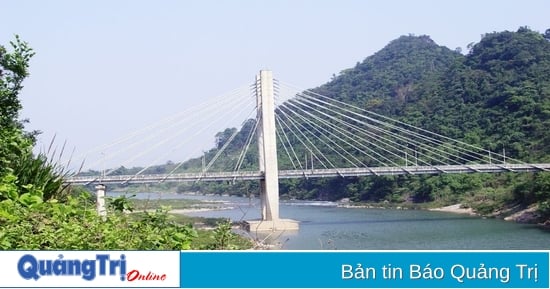

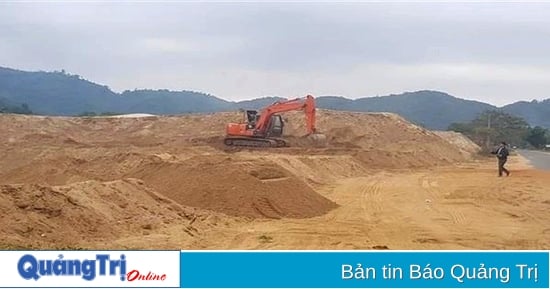

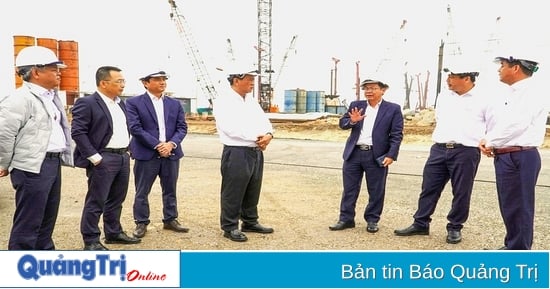
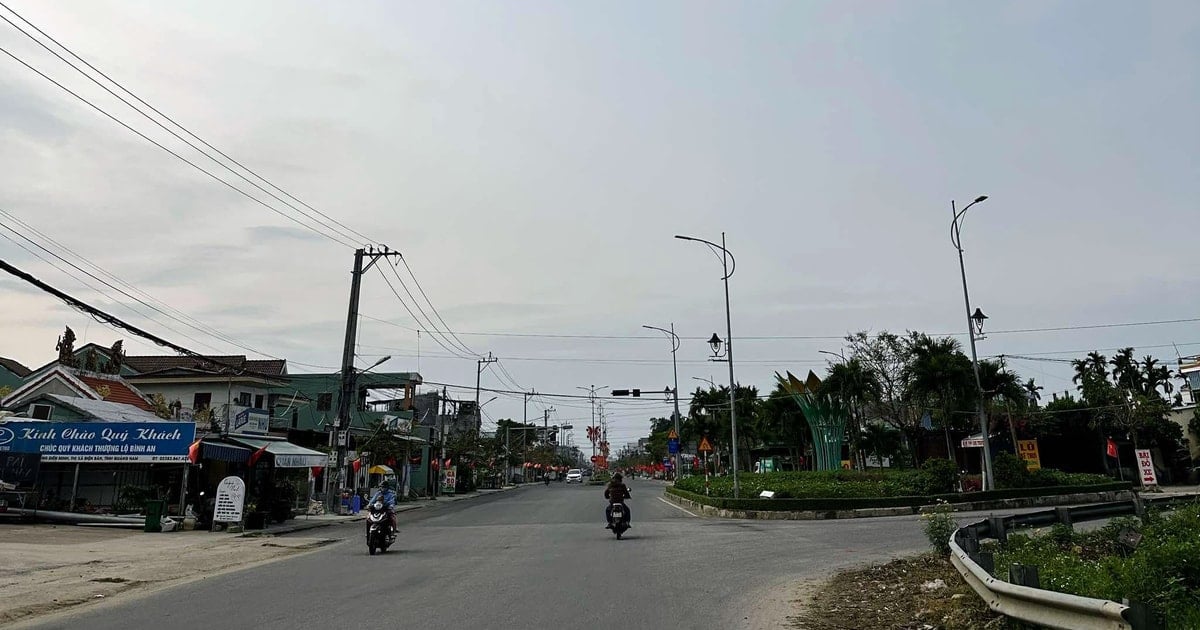
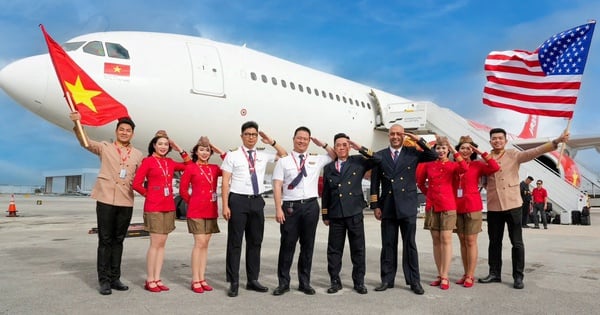

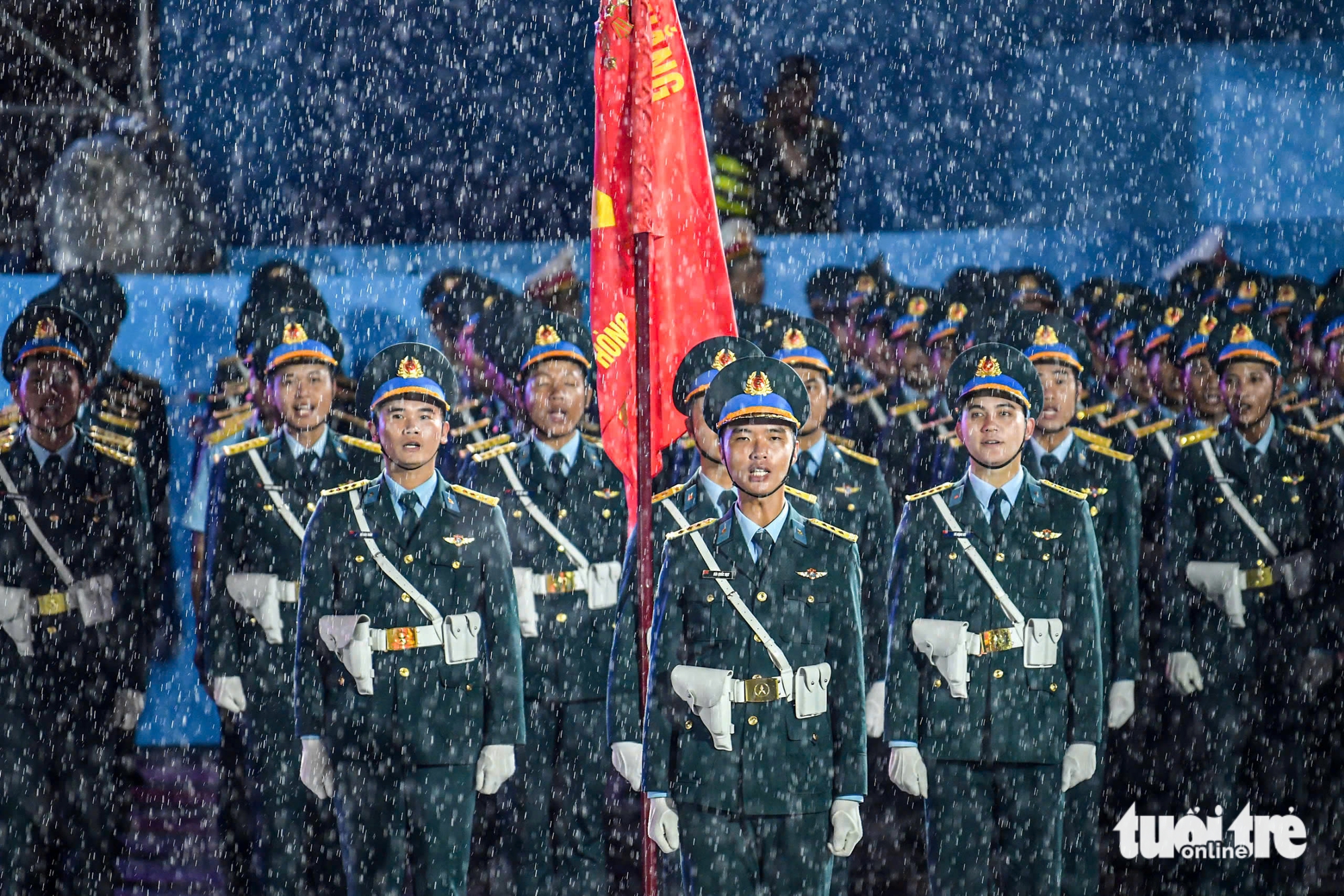
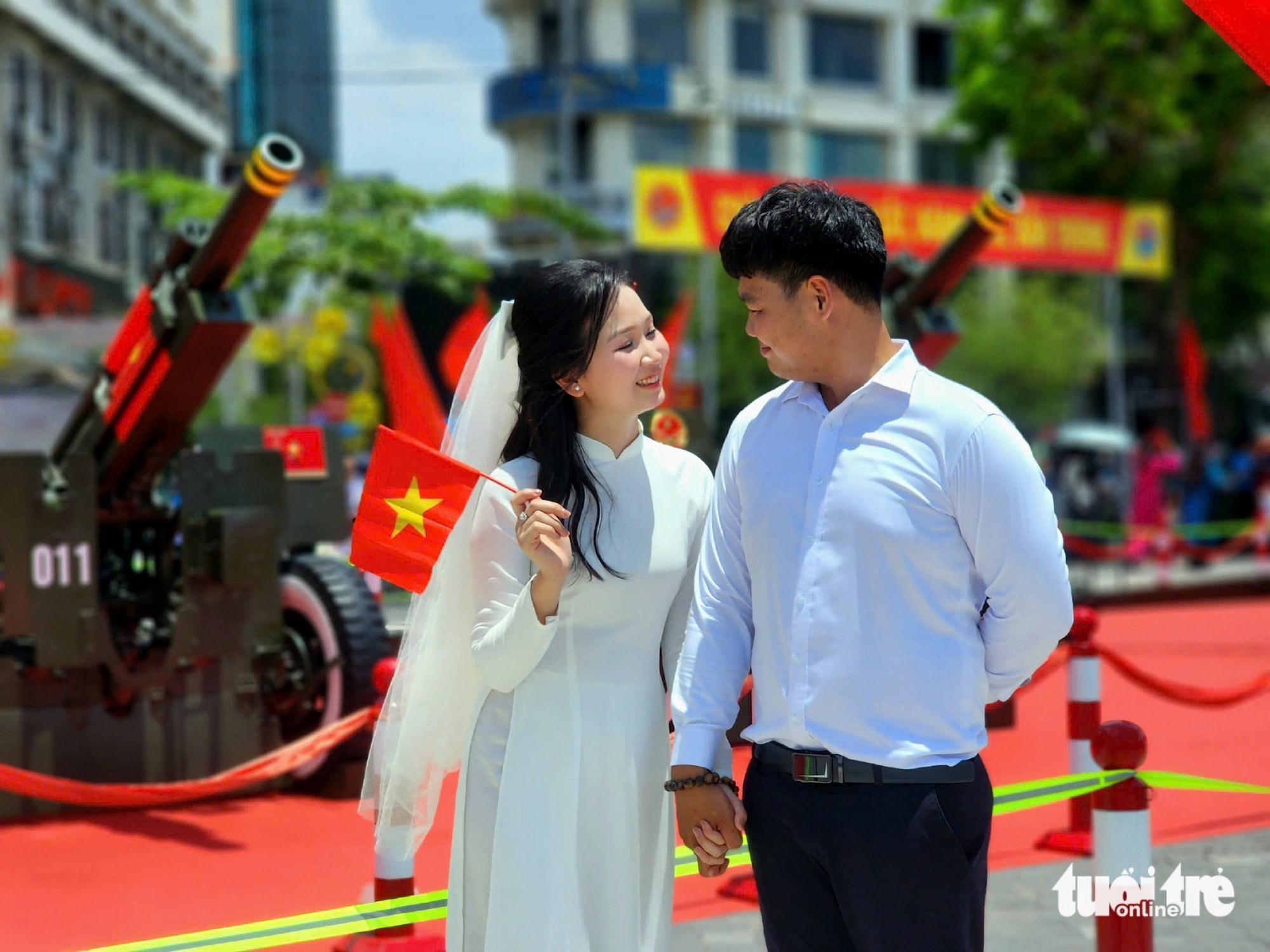

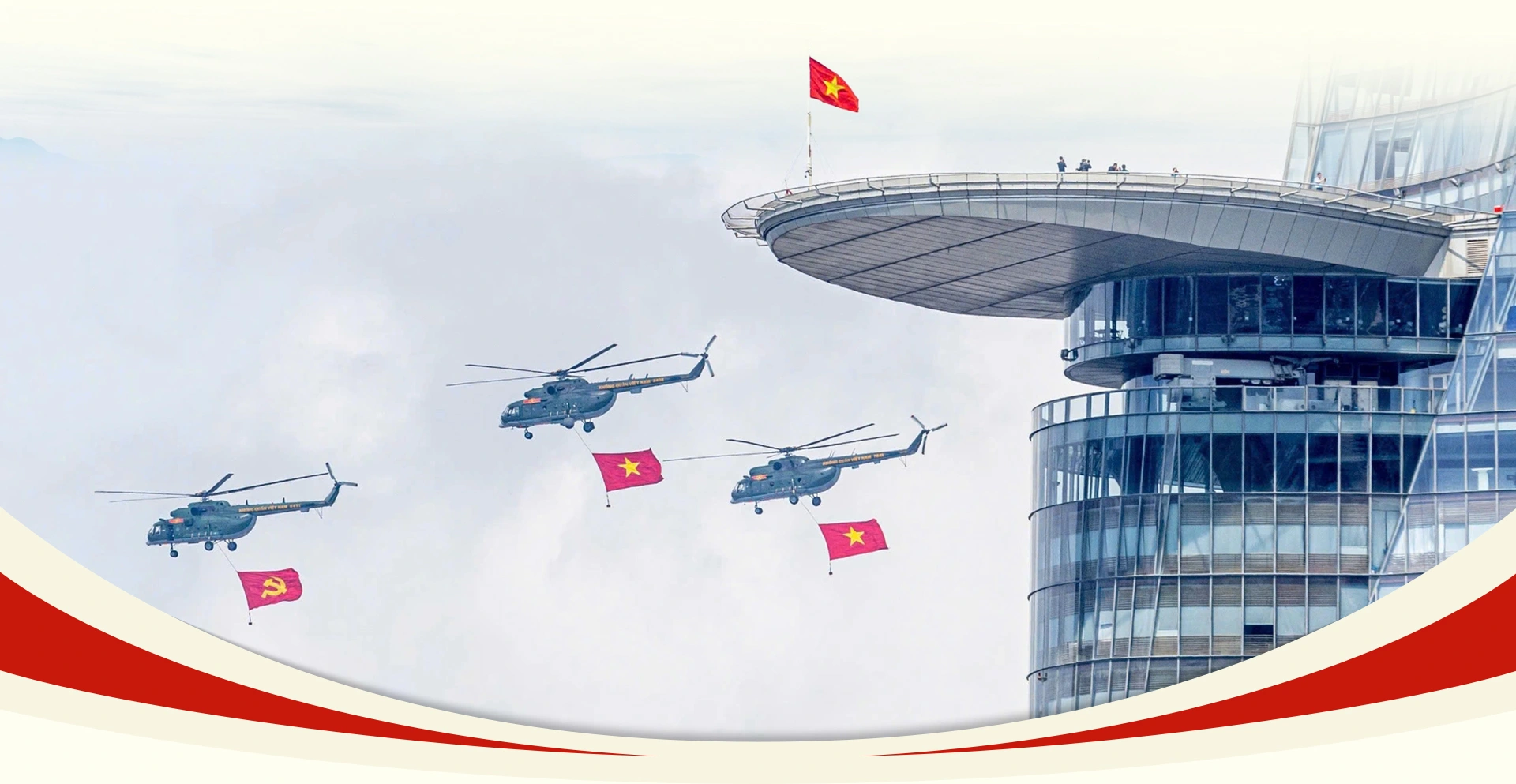

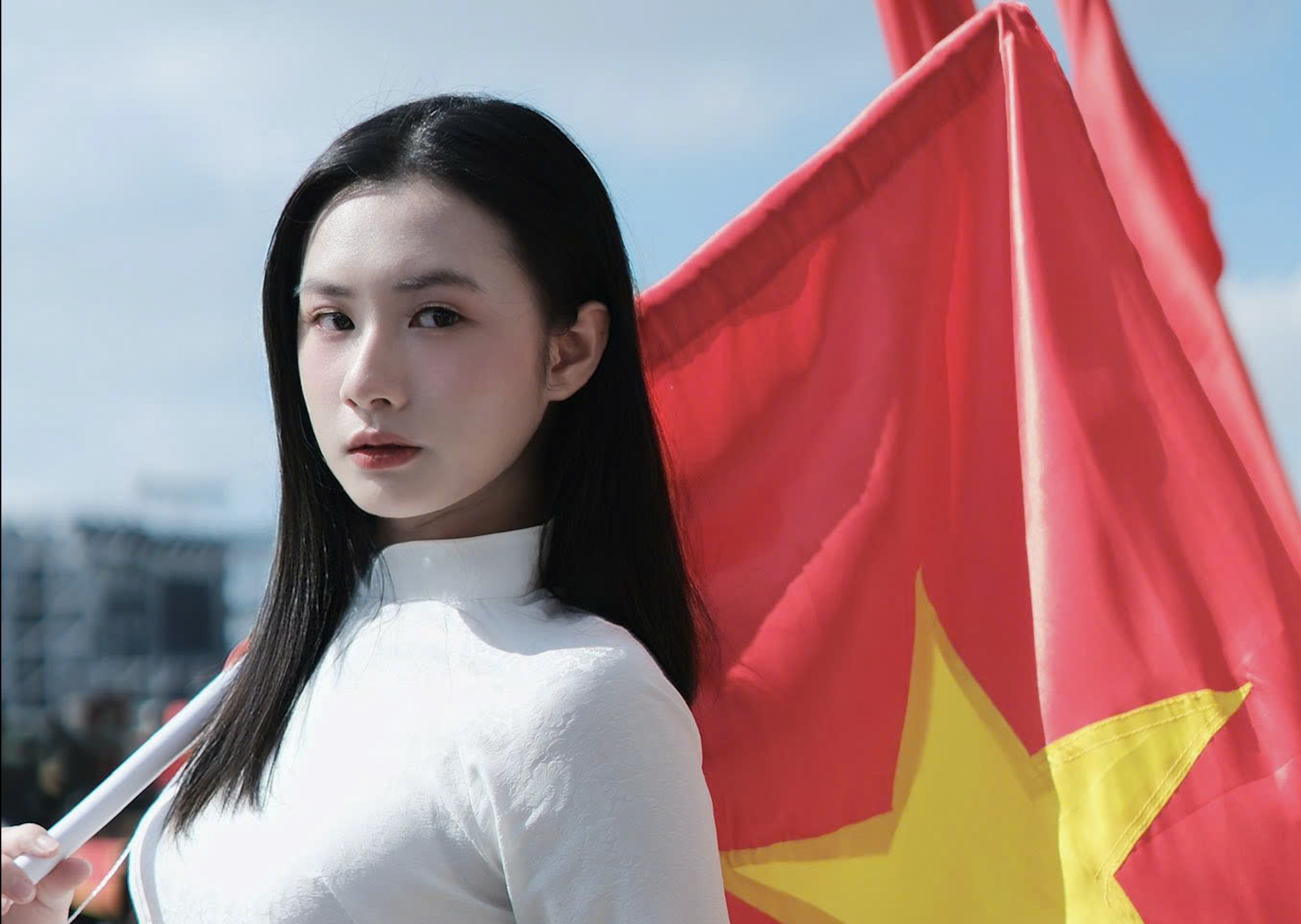

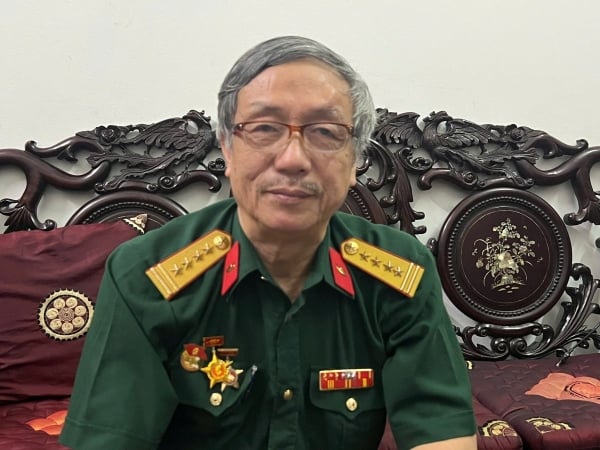
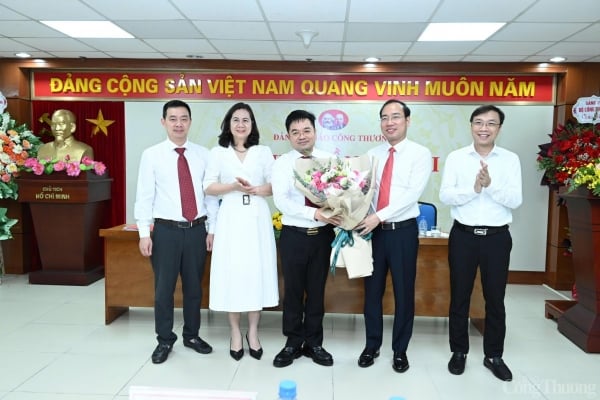


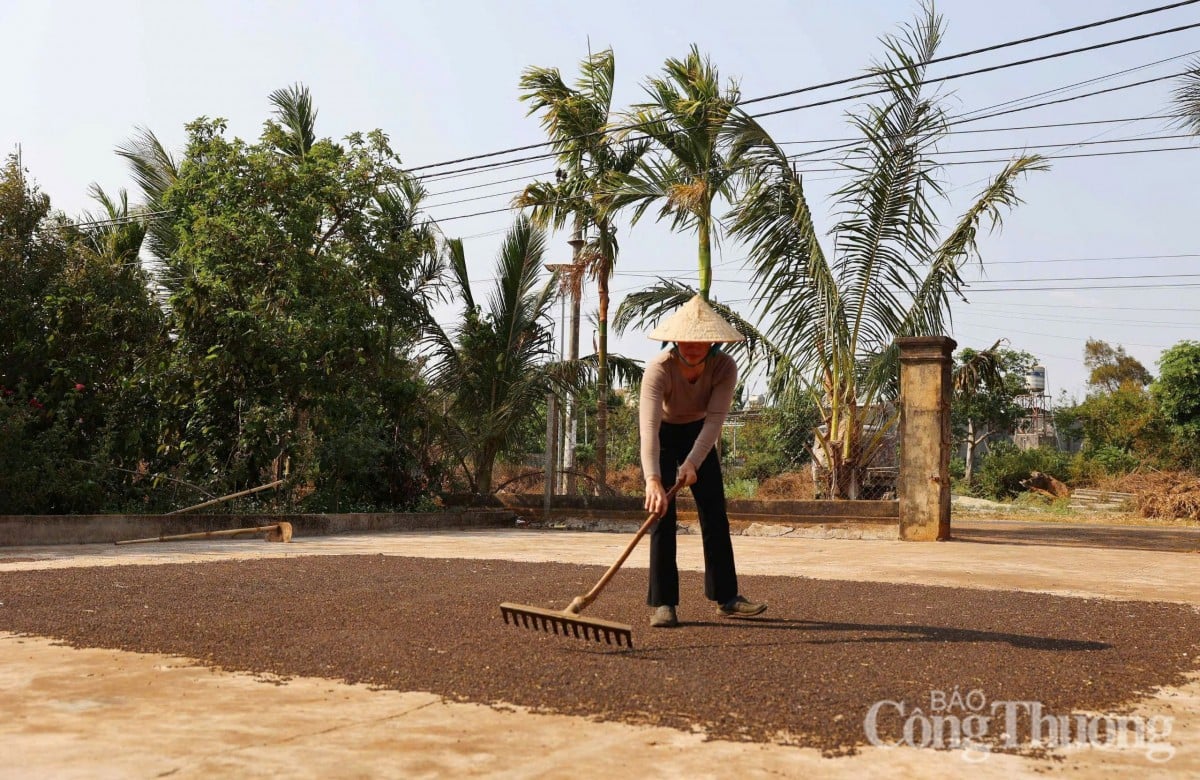
![[Photo] Liberation of Truong Sa archipelago - A strategic feat in liberating the South and unifying the country](https://vstatic.vietnam.vn/vietnam/resource/IMAGE/2025/4/25/d5d3f0607a6a4156807161f0f7f92362)
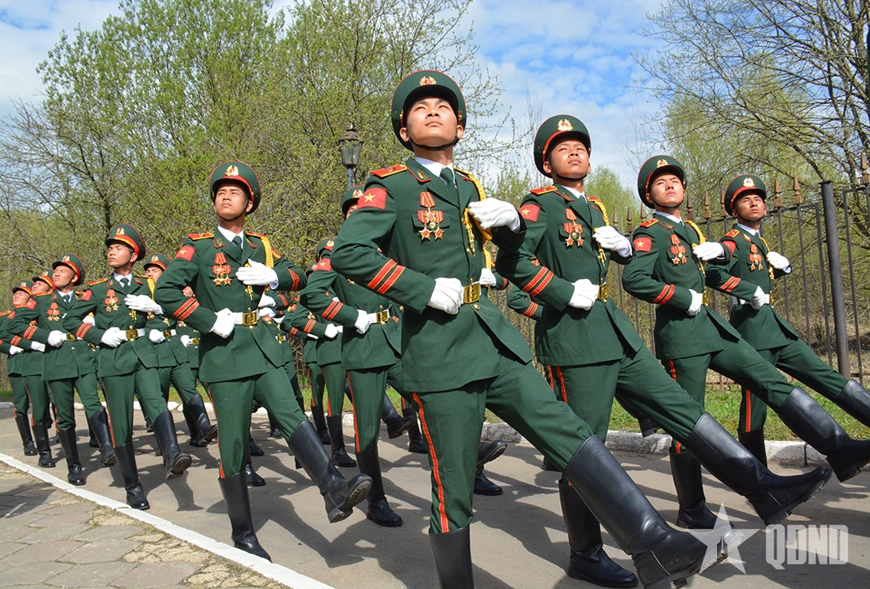

![[Photo] Ho Chi Minh City welcomes a sudden increase in tourists](https://vstatic.vietnam.vn/vietnam/resource/IMAGE/2025/4/25/dd8c289579e64fccb12c1a50b1f59971)


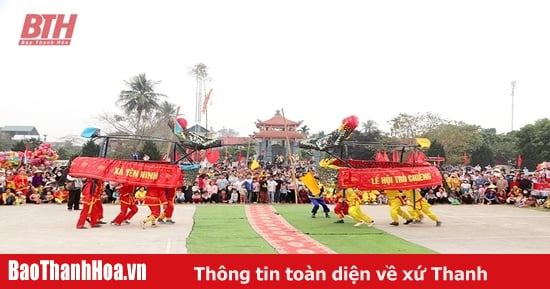





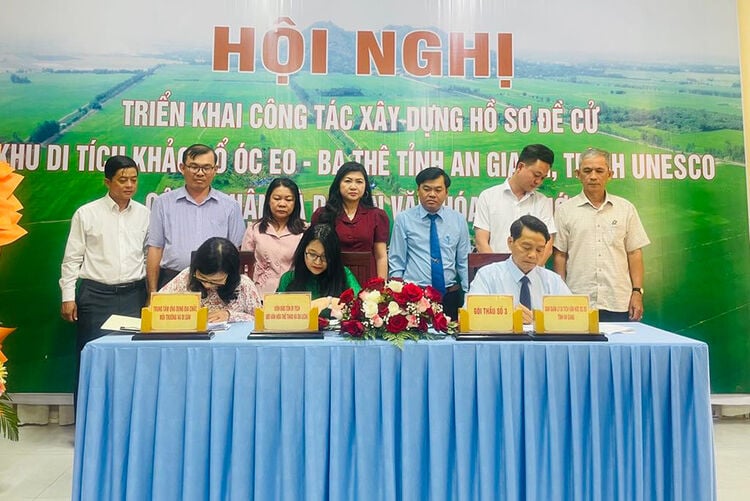

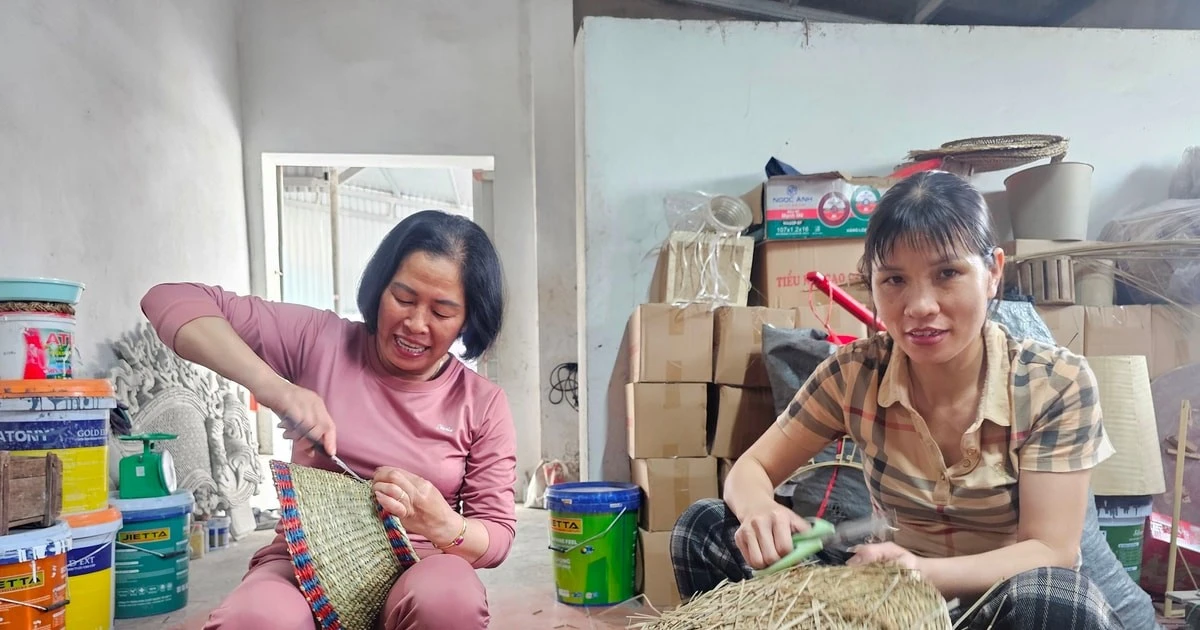





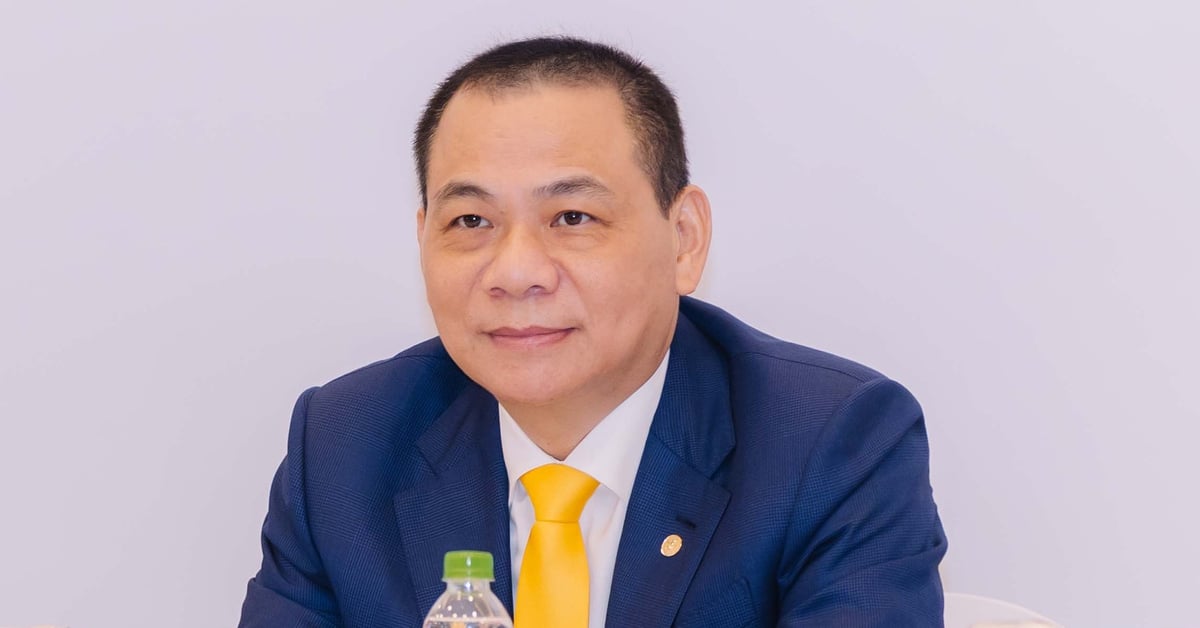



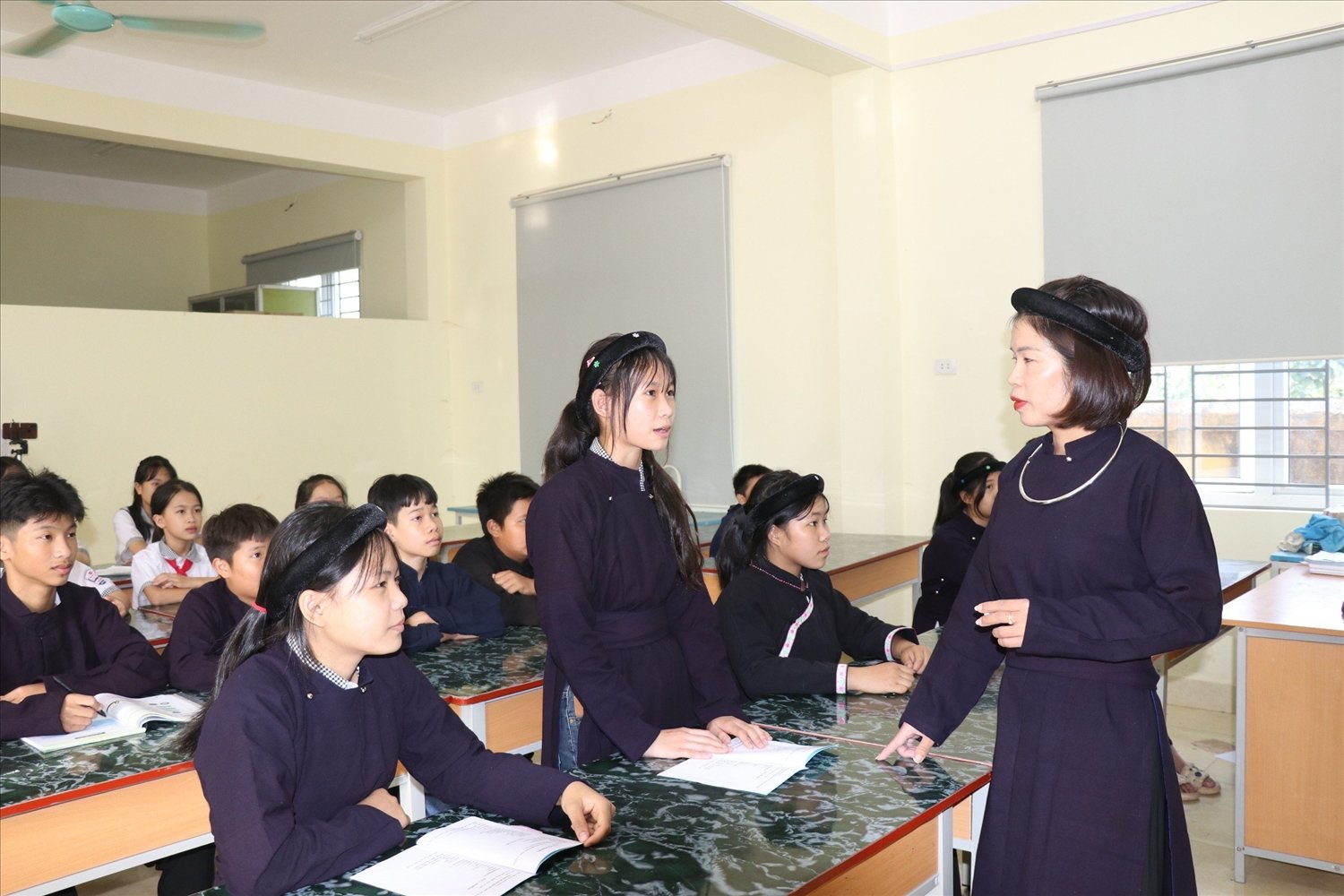




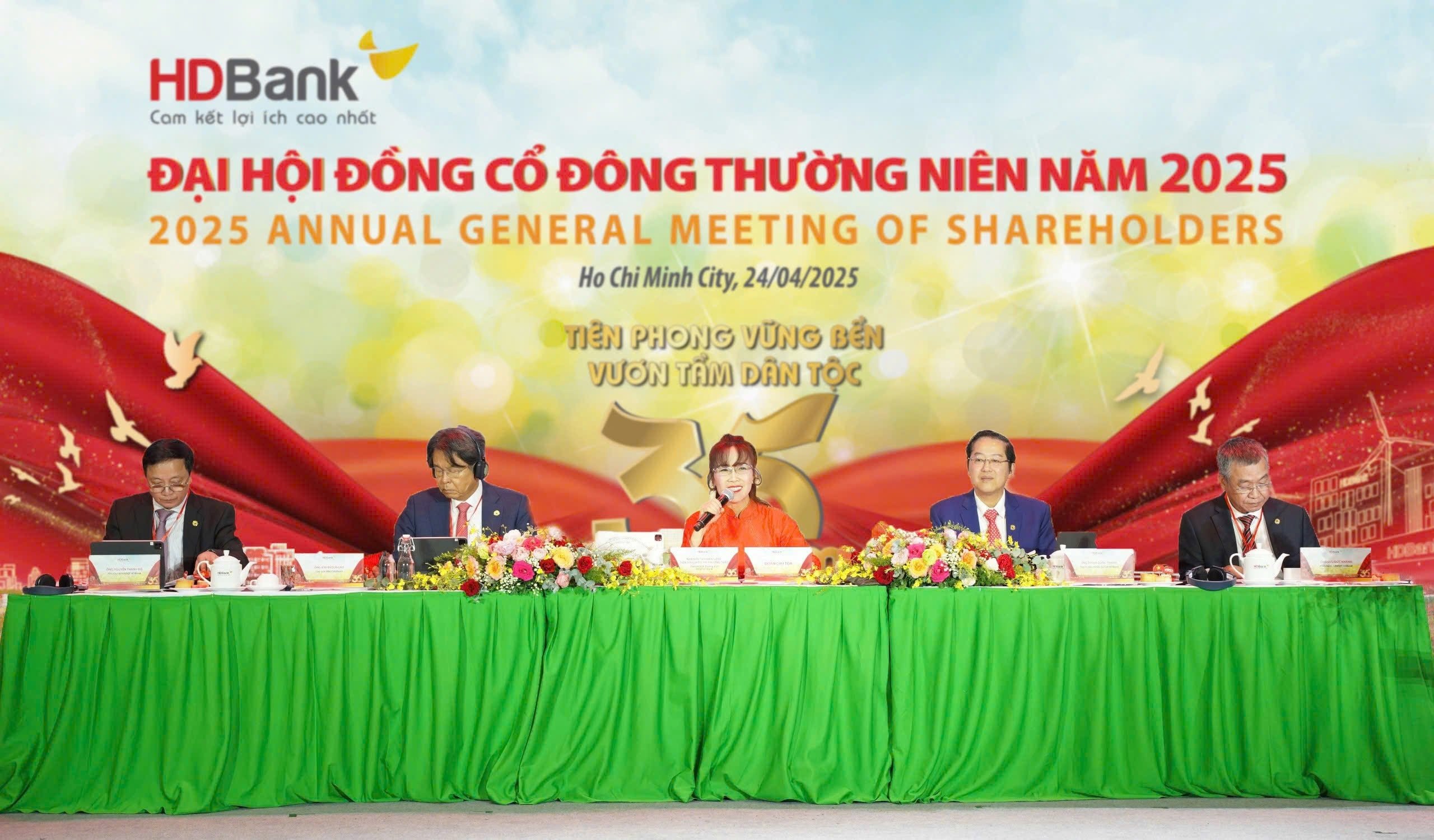

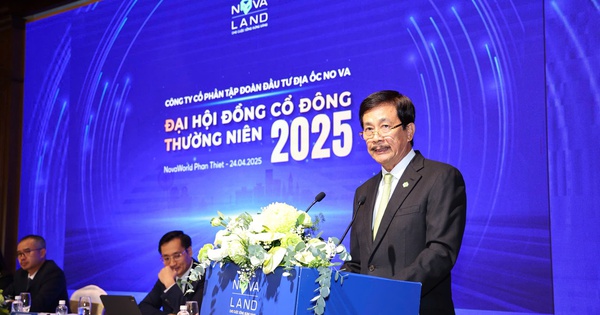

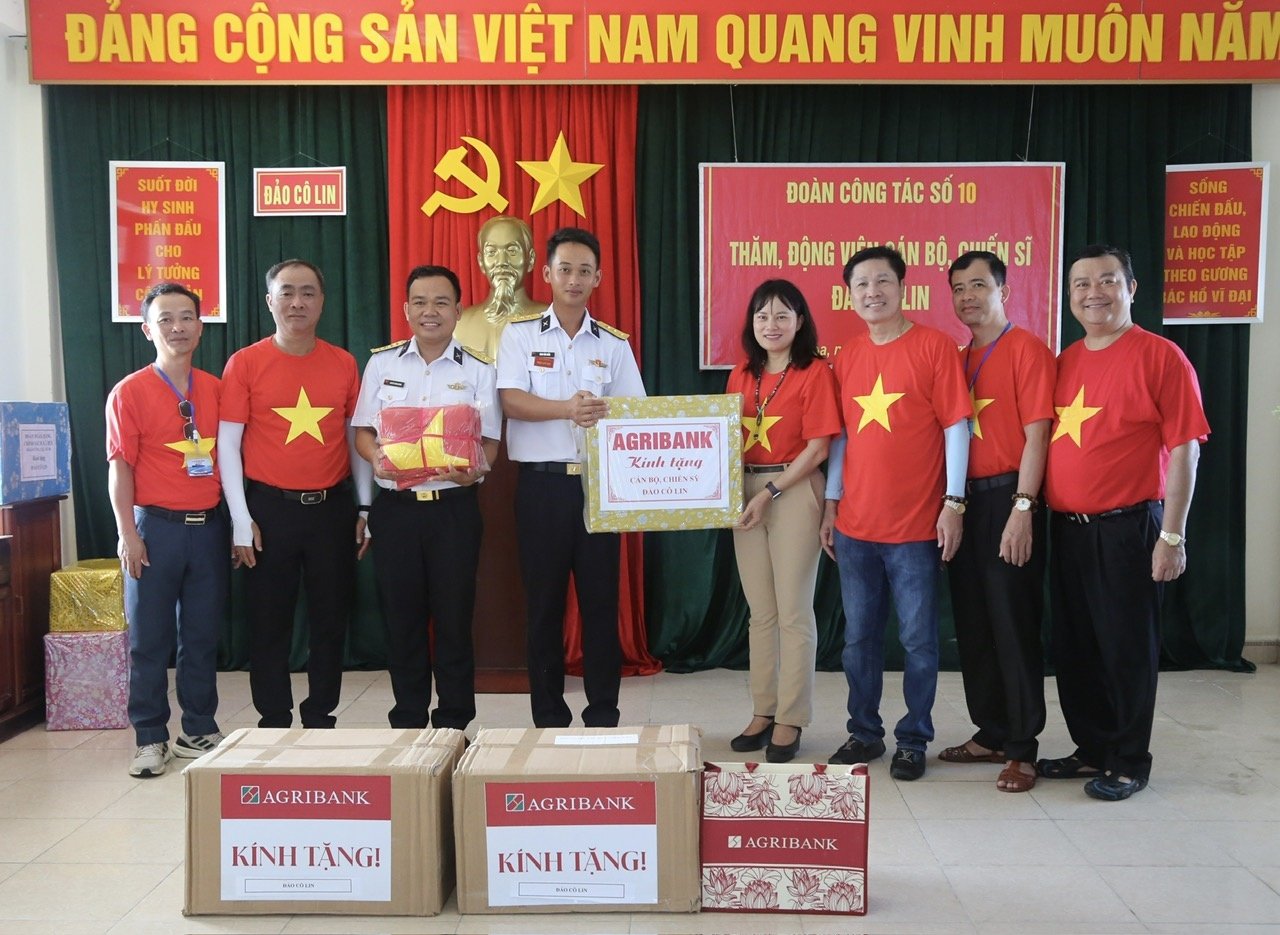
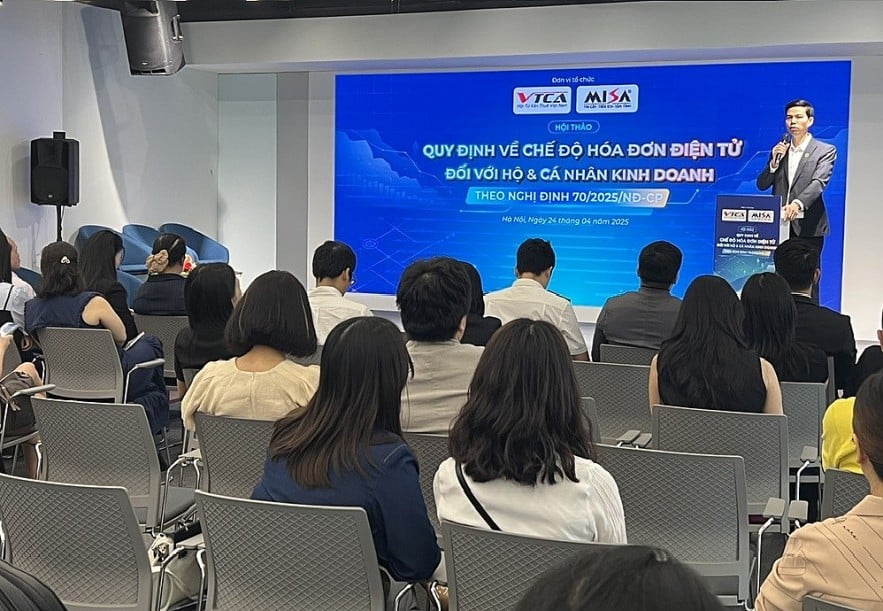
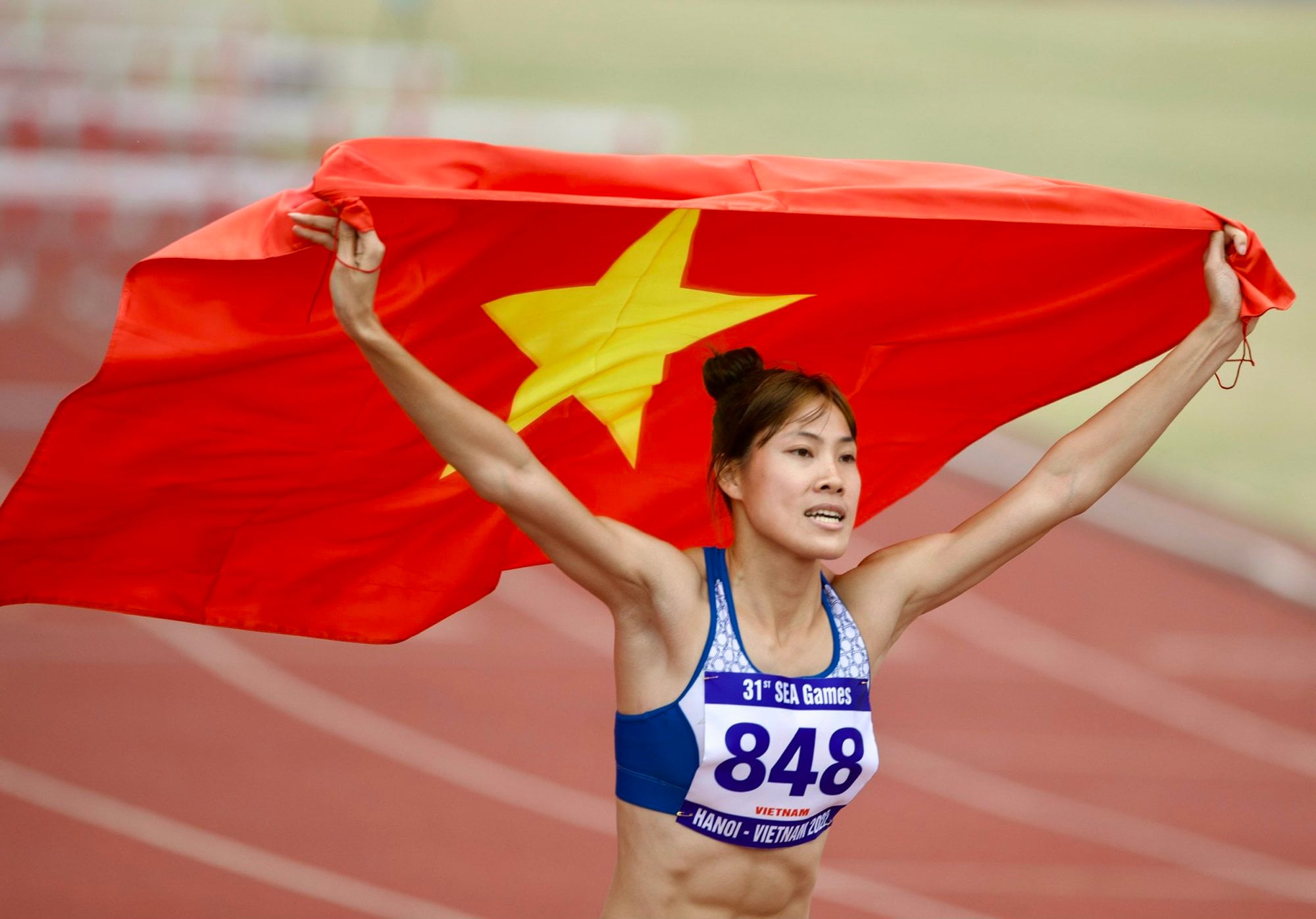

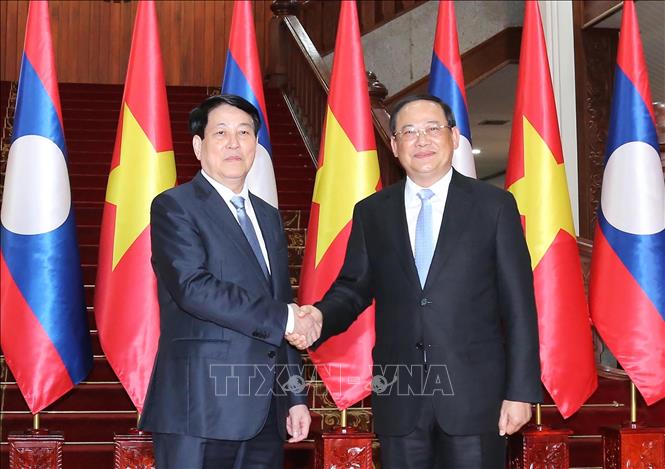
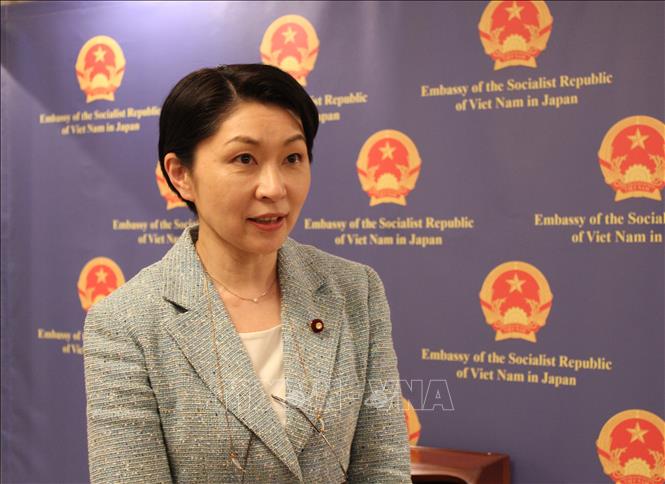
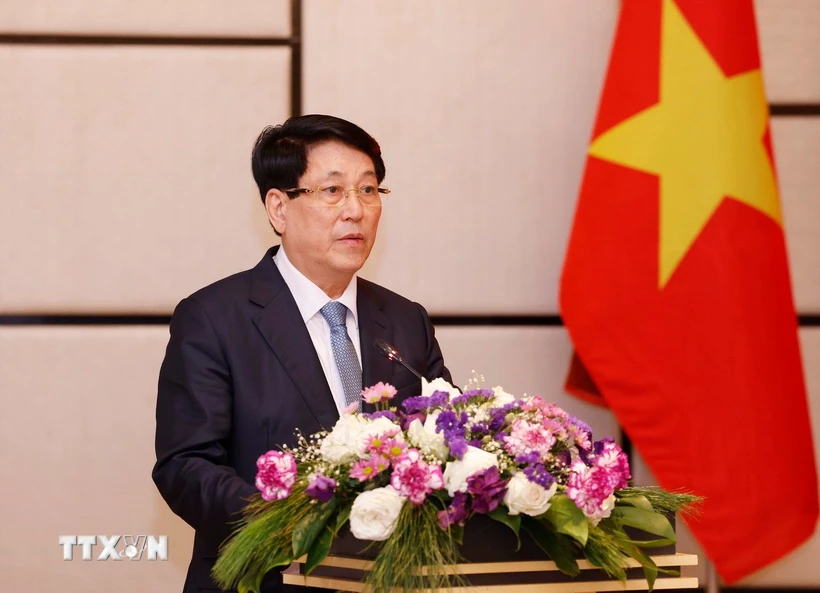
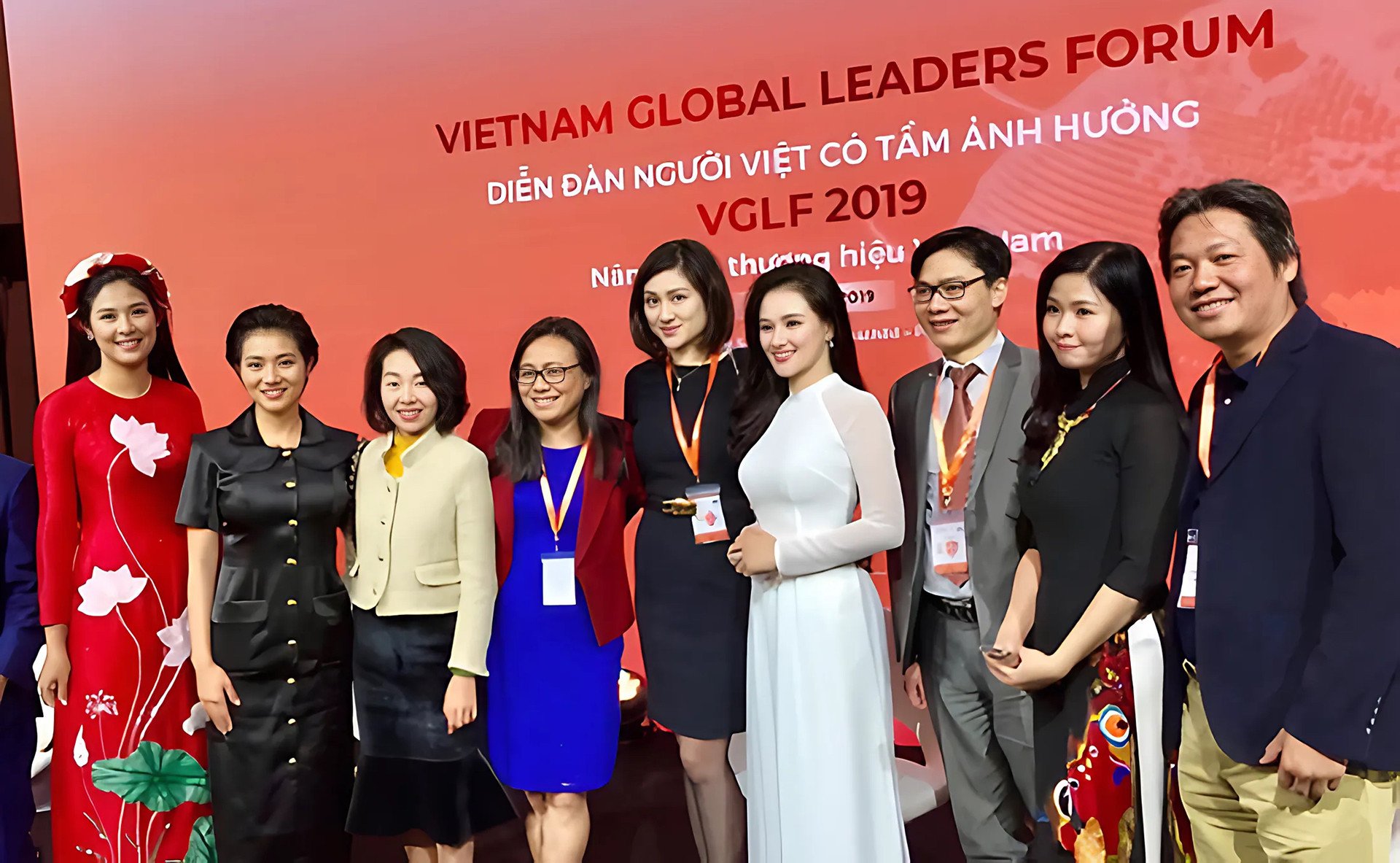

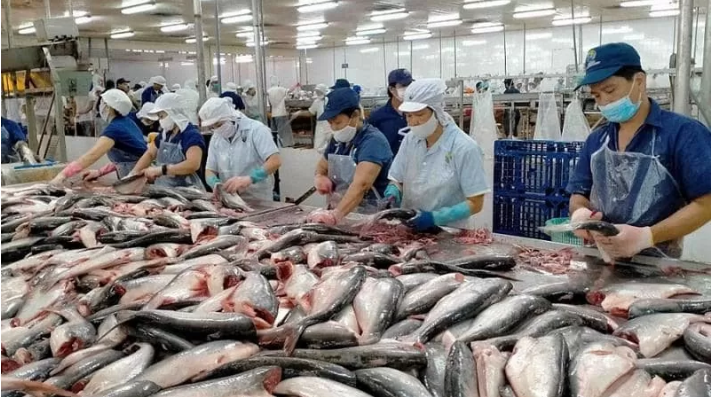

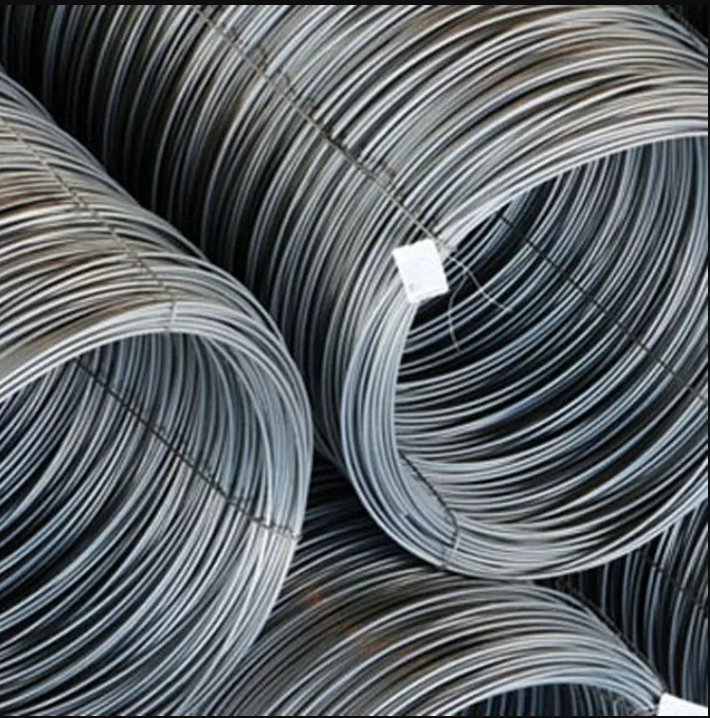
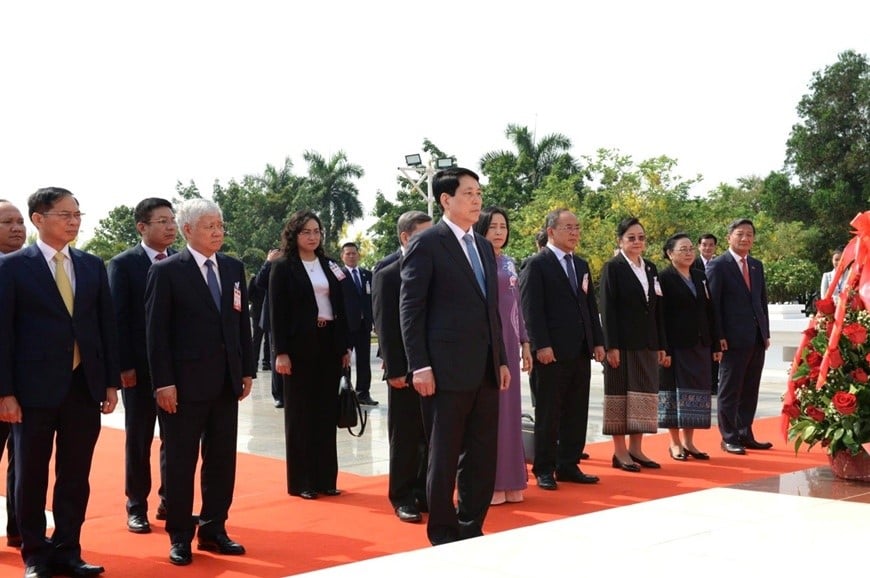
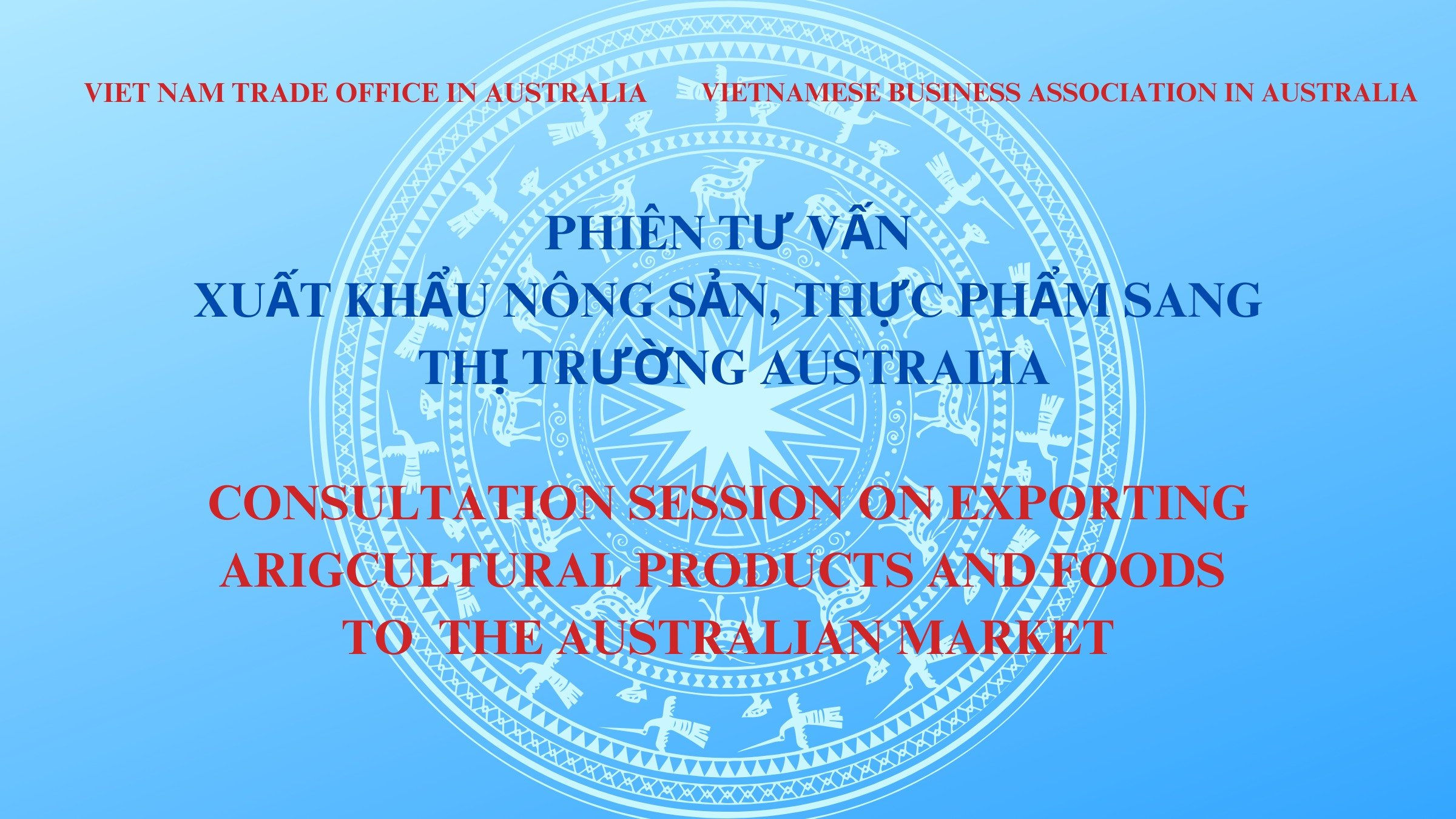
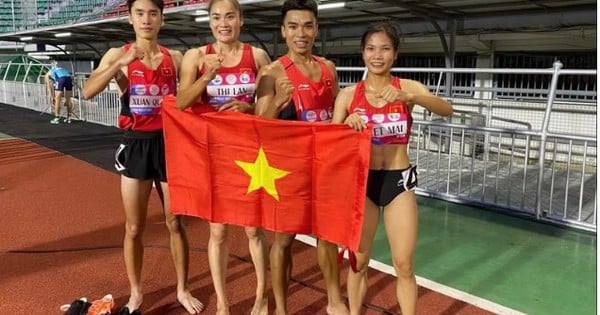




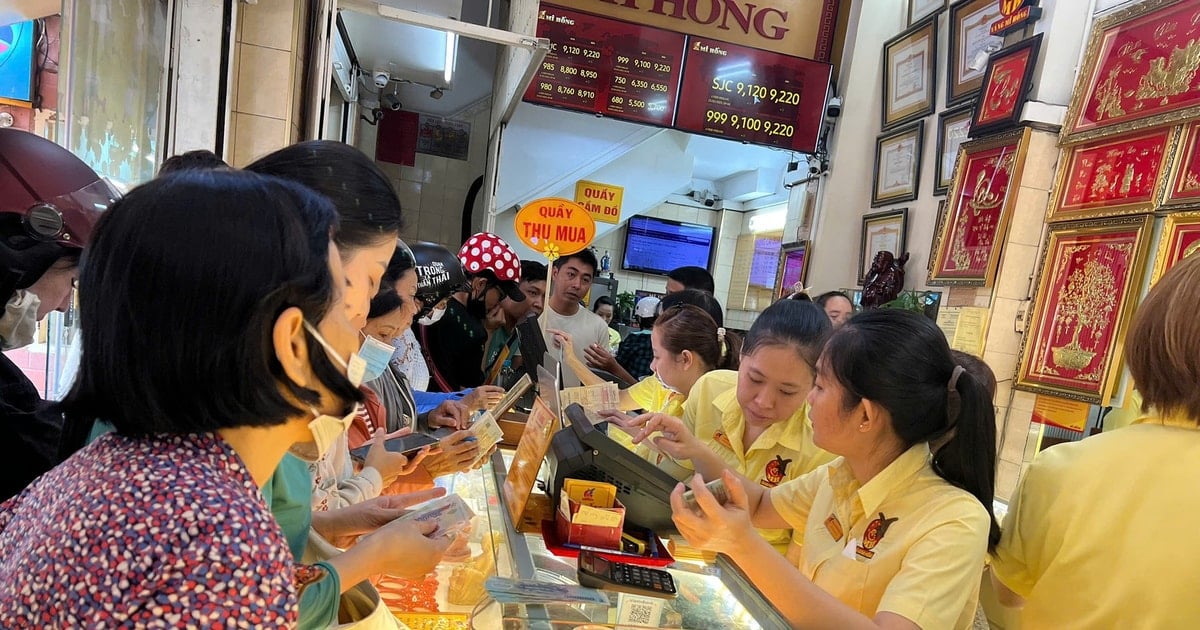




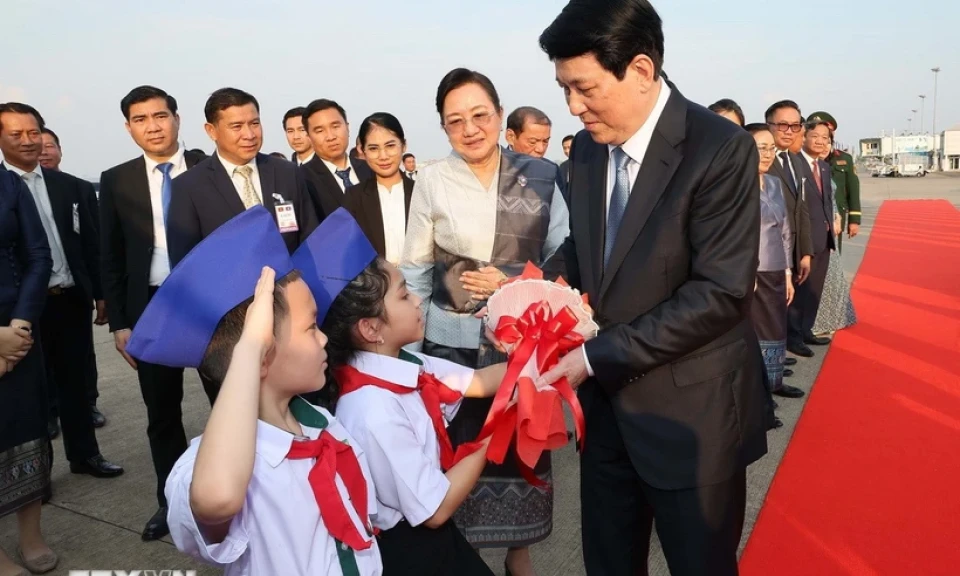
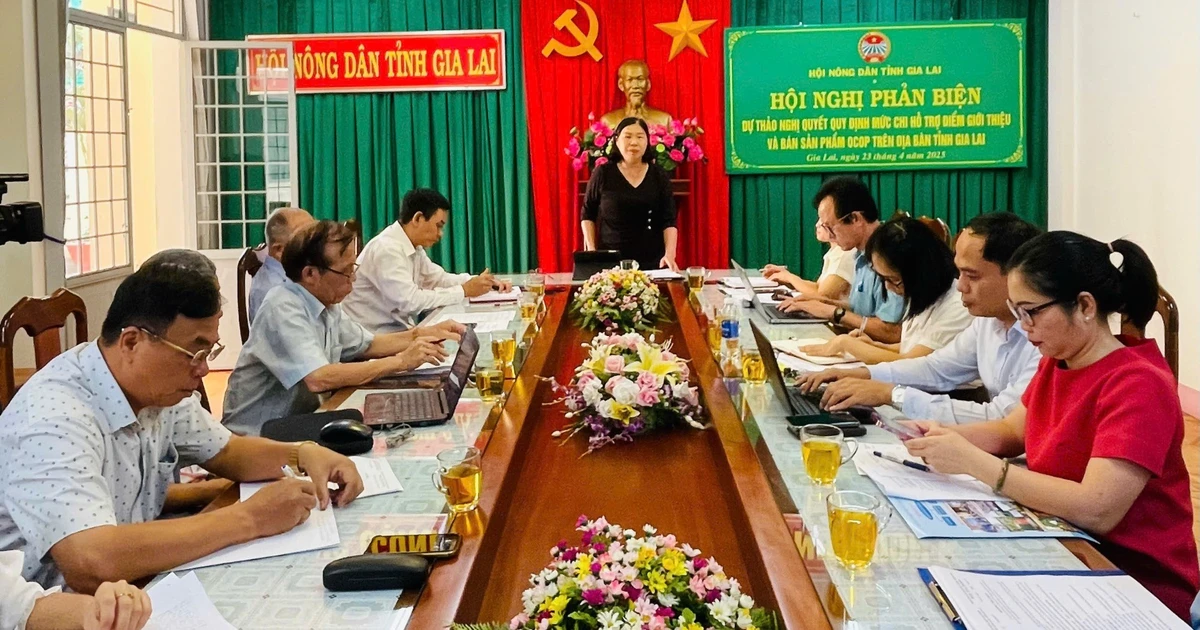
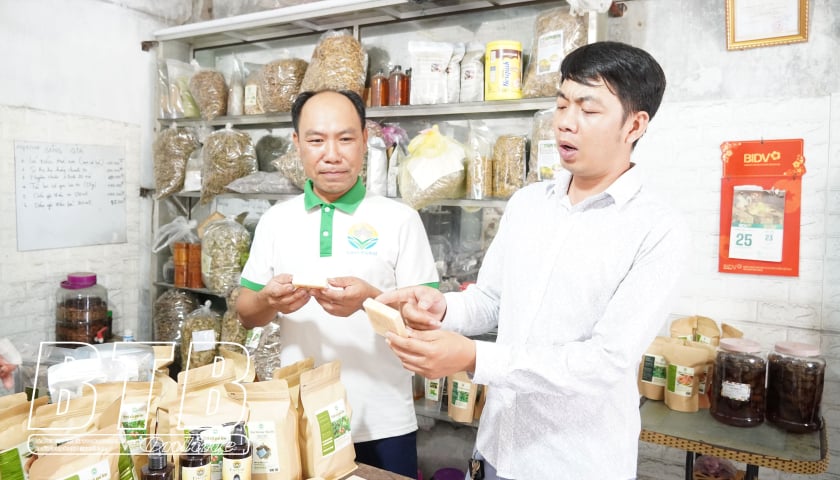





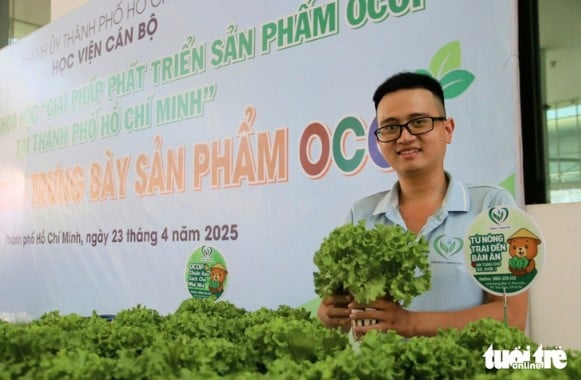
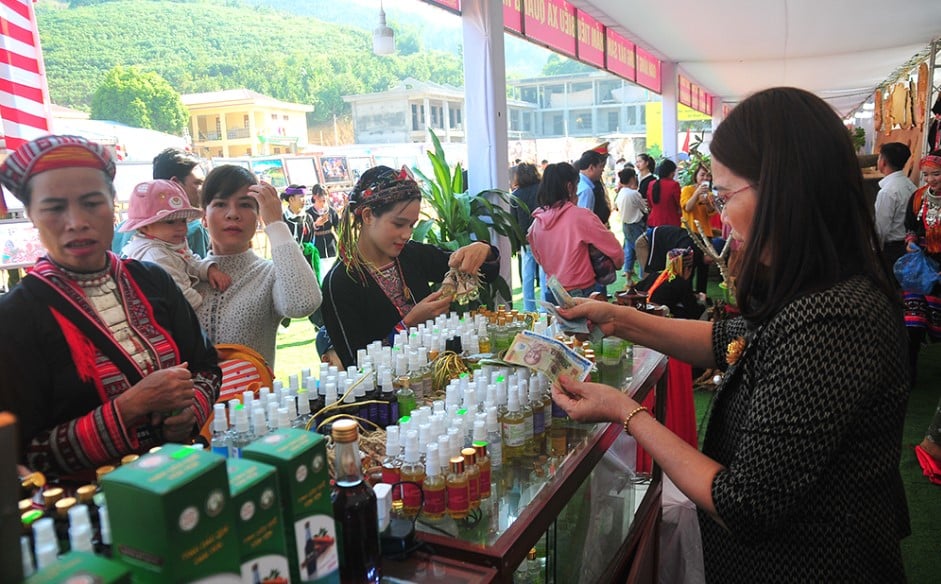
Comment (0)